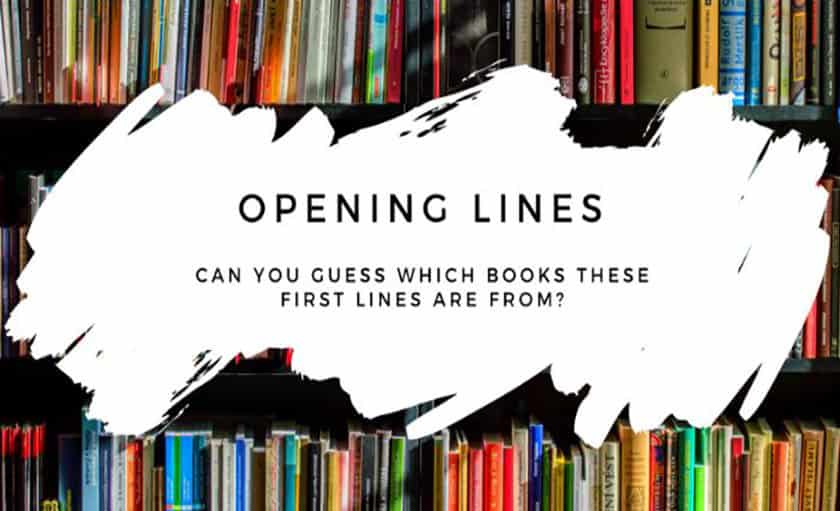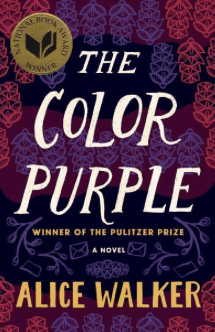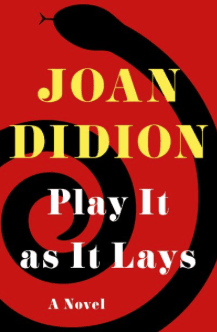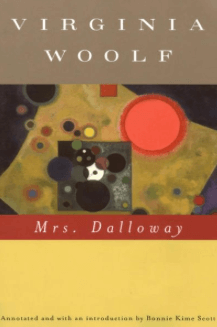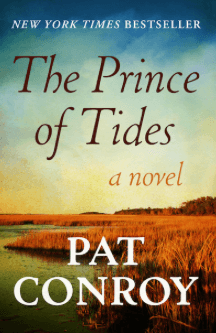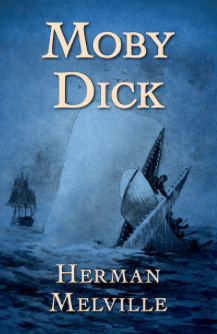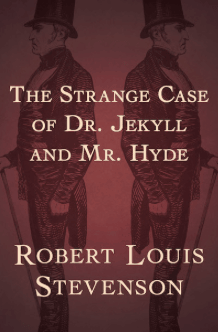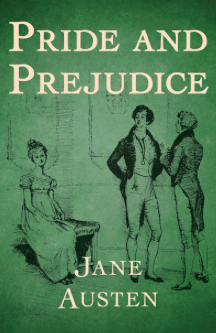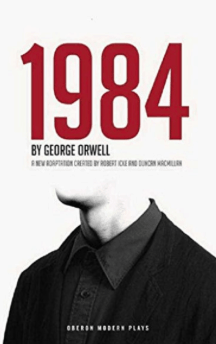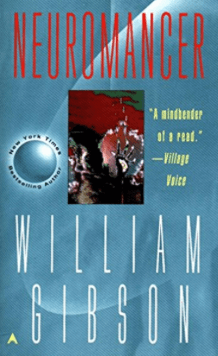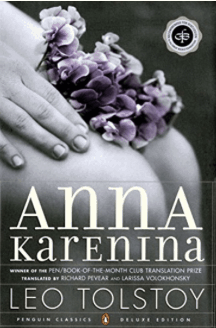From Melville to Didion, these first sentences created lasting and notable impressions.
Some of literature’s most iconic lines come to us within the first paragraphs of our favorite novels. They are the hooks onto which we latch, and the springboards that launch us further into the narrative. There’s a reason these words make up some of the most quotable lines in literature—readers simply can’t get them out of their heads.
Take a look below to see some of our favorite opening lines. While first impressions can be tough, they won us over in just a single sentence.
“You better not never tell nobody but God.”
The Color Purple
By Alice Walker
Set in the 1930s, The Color Purple details the lives of women of color and their place in the social hierarchy. The protagonist, Celie, tells the story through a series of letters written to God and her sister, Nettie. The opening line serves as a warning: For girls like Celie, spoken words can be dangerous and incur terrible consequences. Celie is able to voice her own truths in writing, sharing them with the only ears that are safe—God’s and her sister’s.
“What makes Iago evil? Some people ask. I never ask.”
Play It as It Lays
By Joan Didion
Capturing the mood of an entire generation, Didion opens her novel referencing an iconic character from Shakespeare’s Othello. Iago is known for his cunning betrayal of Othello, and Didion writes a similarly twisted and disturbing story of a woman chasing oblivion. “What makes Iago evil?” is also somewhat ironic. The novel begins with question, though it will ultimately conclude that life rarely gives us answers.
“Mrs. Dalloway said she would buy the flowers herself.”
Mrs. Dalloway
By Virginia Woolf
Mrs. Dalloway chronicles a day in the life of Clarissa Dalloway, a stubborn high-society woman. The opening line reflects the narrator’s tone throughout, while also propelling Clarissa towards the encounters that will shape her narrative journey. One of Virginia Woolf’s most famous works, Mrs. Dalloway was included in TIME’s 2005 list of the best English-language novels.
“My wound is geography. It is also my anchorage, my port of call.”
The Prince of Tides
By Pat Conroy
Spanning over forty years, Conroy’s epic novel tells the turbulent story of Tom Wingo, and his twin sister Savannah, as they navigate their tragic family legacy. Conroy begins his tale by invoking the image of a wound. The protagonist is not physically marked, of course, but he carries a psychological pain that is deeply ingrained in every generation of his family.
“Call me Ishmael.”
Moby Dick
By Herman Melville
Ignored for many years, this literary giant’s work didn’t receive significant recognition until the 1920s. It follows Captain Ahab’s fantastical journey to track down the whale who took his leg. The meaning of “Call me Ishmael” is constantly debated. Is it an indication of an unreliable narrator hiding behind a false name? An intentional reference to the biblical figure? Or is it simply a casual introduction? The mystery makes it all the more compelling.
“Mr. Utterson the lawyer was a man of a rugged countenance, that was never lighted by a smile; cold, scanty and embarrassed in discourse; backward in sentiment; lean, long, dusty, dreary, and yet somehow lovable.”
The Strange Case of Dr. Jekyll and Mr. Hyde
By Robert Louis Stevenson
This horror classic opens with a detailed description of one of its lesser-known characters. Mr. Utterson’s seemingly contradictory characteristics—he’s “cold” and “dreary,” but “lovable”—allude to the novel’s central theme of duality.
“It is a truth universally acknowledged, that a single man in possession of a good fortune must be in want of a wife.”
Pride and Prejudice
By Jane Austen
Austen was well-known for the endless wit and irony in her Victorian-style romances. The opening lines of Pride and Prejudice ooze exactly that, as Austen makes a lighthearted jab at the ambitions of Regency-era families.
“It was a bright, cold day in April and the clocks were striking thirteen.”
1984
By George Orwell
“Freedom is slavery,” “war is peace,” “ignorance is strength”…These are the haunting maxims of Orwell’s classic, which imagines a futuristic world in which choice and personal freedoms are limited. Regarded as one of literature’s most chilling first lines, 1984 opens with a statement that is foreign, but familiar. Orwell uses this tone throughout the novel, walking the line between a recognizable reality and something just beyond it.
“The sky above the port was the color of television, tuned to a dead channel.”
Neuromancer
By William Gibson
As equally praised as George Orwell’s 1984 or Aldous Huxley’s Brave New World, Neuromancer follows Case—a brilliant but newly-paralyzed hacker who is given one last chance at redemption. The first line conveys the same sense of menace that permeates the entire novel, as Case tries to hack the AI orbiting Earth.
“Happy families are all alike; every unhappy family is unhappy in its own way.”
Anna Karenina
By Leo Tolstoy
So begins Tolstoy’s classic tale of doomed love. Known for its scope and intricacies of character and plot, Anna Karenina begins with a surprisingly simple statement that speaks to the truth of families everywhere.
Want to be a published writer? Enter our writing contest, where you could become a BookTrib Contributor! Deadline for submissions is January 31, 2018.

